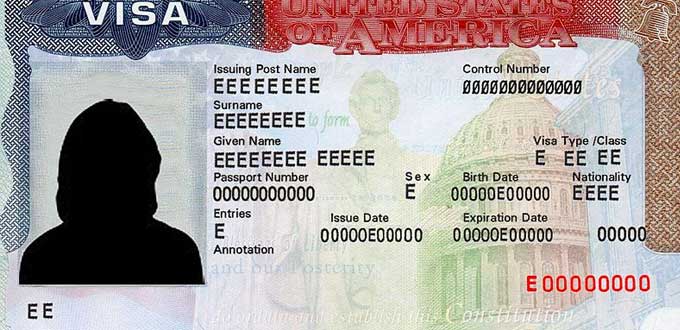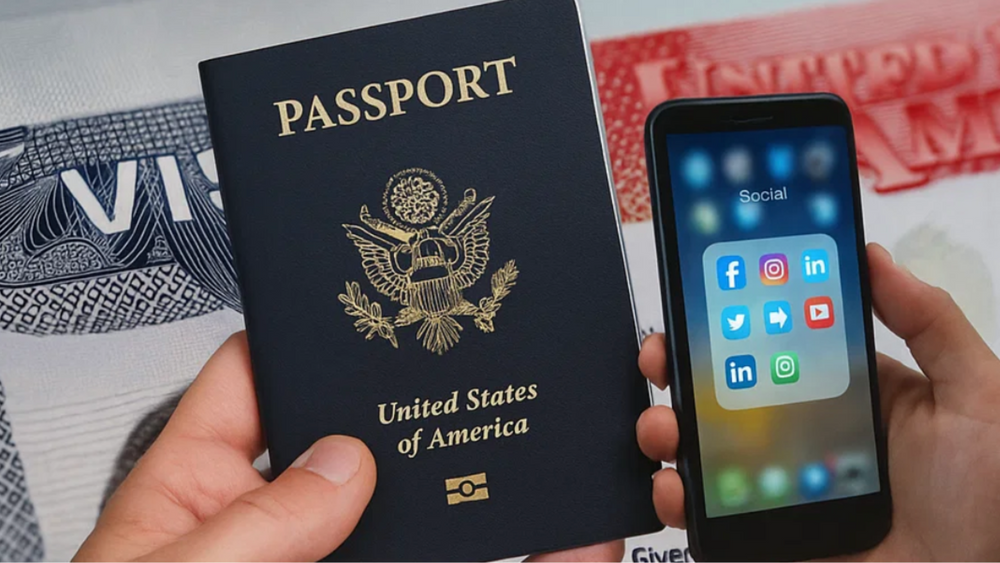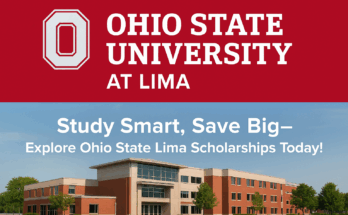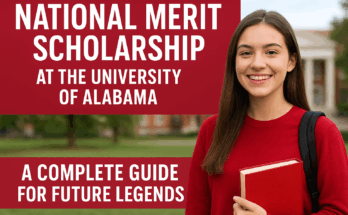Securing an F-1 visa to study in the U.S. is a dream for many. However, the most critical challenge isn’t getting accepted into a university; it’s excelling in the F-1 visa interview. Visa officers aren’t just checking your documents; they’re evaluating the authenticity of your study intent, financial capacity, and connection to your home country.
This guide provides you with a comprehensive look into the types of questions you can expect at your interview, how to prepare authentic answers, and what document-ready evidence to bring to attest to your credibility. Let’s ensure you’re ready to answer with confidence, clarity, and authenticity.
1. Understanding the Visa Officer’s Role
Visa officers assess applications with two main priorities:
-
Are you a genuine student?
-
Will you return home after your studies?
Memorized scripted responses get flagged. Instead, your answers must be authentic, consistent, and supported by documentation, whether discussing academics, finances, or your long-term plans.
2. Personal & Academic Intent Questions
Why U.S. Education?
Officers ask this to see if you’ve thoughtfully considered U.S. universities over others:
-
Sample Response:
“The U.S. offers world-class research facilities in environmental engineering, which align with my career goal to implement sustainable systems in Nairobi.”
Why This University & Program?
Pick details that resonate with your academic goals:
-
Sample Response:
“I chose Georgia Tech’s sustainable energy program because of its lab facilities, faculty publications in solar technology, and campus leadership in renewables.”
What Will You Study?
Be specific and confident:
-
Example: “I’ll pursue a Master’s in Data Science, focusing on predictive analytics and Python because these skills are scarce yet highly valuable in my local tech industry.”
Where Else Did You Apply?
Be honest:
-
Sample: “I applied to three universities in the U.S. and two in Canada, but this U.S. program offered the most specialized data science opportunities.”

3. Financial Preparedness
How Will You Fund Your Studies?
This is one of the most crucial topics. Be clear and factual:
-
Example:
“My father is a business owner and will fully sponsor my tuition and living expenses. We also secured a partial merit scholarship that covers 30% of my fees.”
Show Evidence
Bring supporting documents: bank statements, letters from sponsors, scholarship award letters, and income tax returns.
Understand Estimated Costs
Know the approximate tuition, housing, and living expenses for your school and program.
4. Your Future Plans & Intent to Return Home
Visa officers must be convinced you’ll come home after studying since an F-1 is a temporary, non-immigrant visa.
Typical Questions:
-
What are your plans after graduation?
“I will return home to work with an environmental NGO, applying renewable energy knowledge to rural Kenya.” -
Do you have responsibilities or ties at home?
Talk about family, property, job offers, or community roles waiting for you.
5. Supporting Evidence & Social Readiness
Know Your I-20 and DS-160
Familiarize yourself with your I-20 form, especially the SEVIS number, intended program dates, etc.
Also, understand the purpose of DS-160, the online visa application form.
Social Media Check (New in 2025)
Officers may review your social media. Clean up public profiles:
-
Remove controversial content
-
Highlight educational or professional posts
-
Show positive engagement with your academic journey
6. Mock Interview Questions & Sample Answers
| Question | Effective Response Example |
|---|---|
| Why study in the U.S.? | “U.S. universities lead in my field, sustainable urban design. Earning experience here will allow me to contribute significantly to urban planning initiatives at home.” |
| How will you afford a U.S. education? | “My mother’s salary and savings cover tuition and living costs. I also received a merit scholarship worth 25%.” |
| Why not study in your home country? | “While the local curriculum is growing, the U.S. offers hands-on labs, global collaborations, and innovation centers essential for my field.” |
| What happens after graduation? | “I will return home to work in my family’s construction business to introduce green building methods in regional projects.” |
| Do you have relatives in the U.S.? | “Yes, but I intend to live on campus during my studies and focus entirely on my education.” |
| Have you applied elsewhere? | “Yes—two other U.S. universities. I chose this one because of its focus on affordable housing and faculty expertise.” |
Tips: Keep answers authentic, answer clearly and calmly, and stay concise.
7. Additional Advice for Success
-
Practice your answers out loud with friends or mentors.
-
Dress professionally; impressions matter.
-
Bring all documents neatly organized: I-20, passport, DS-160 printout, financial documents, school transcripts, and test scores.
-
Answer confidently — a calm demeanor and eye contact suggest credibility.
-
Remember, an unexpected technical question has led some applicants to fail. Prepare broadly, but stay honest.

Finally
The F-1 visa interview is about showing that you’re a serious student with clear academic goals, financial preparedness, and strong ties to your home country. None of this should be overstated or memorized; it should reflect your real situation and aspirations.
When you combine confidence with preparation—backed by authentic answers and complete documentation significantly boost your chances of approval. Prepare this week, practice your responses, and walk into your interview with calm assurance and clarity.





